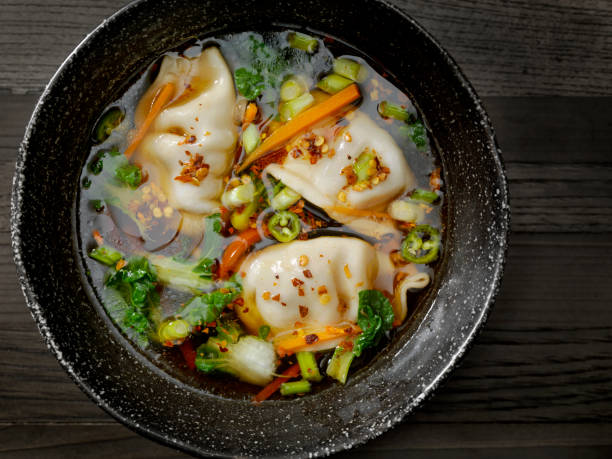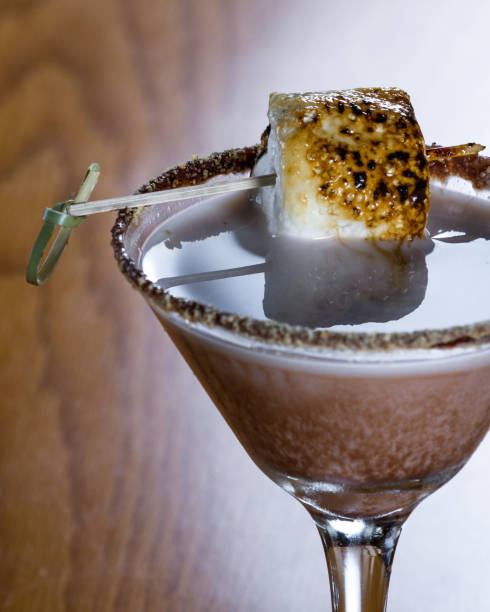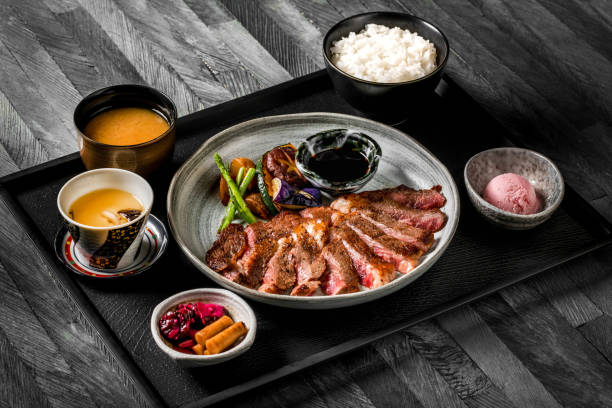There is so much choice in a supermarket. You can’t help but be overwhelmed by the sheer number of products. Although some niceties can be appreciated, it is important to understand the nutritional aspects of fitness. Chips and chocolate are not enough to power a runner. This sounds like a recipe for disaster. We have created this guide to the best foods for runners to help you choose what to buy in stores.
Runners’ diet – getting it right
Fuel is food. Runners need it twice. It is essential to fuel our bodies and minds to get the most from every run. You can make sure you are successful by creating a nutritious runners’ meal plan. This will ensure you have enough food to fuel your body but not feel tired.
But how much is enough?
Let’s first look at the number of calories you need each day. The basal metabolism rate (BMR), which your body needs to function, is how many calories you consume each day. The Harris-Benedict Equation is a tool that you can use to calculate your BMR. However, a doctor will be able to give you a more accurate reading.
BMR refers to the number of calories you need to maintain or gain weight. This is your maintenance calorie level. You’ve probably heard of the 2000 calories for women and the 2,500 for men. These numbers are only a guide. You should consider your activity level, height, body weight, and metabolic rate to get a better idea of how many calories you should consume. Many online calculators can help you calculate this. However, testing with your doctor is the best and most accurate (and the most expensive).
Now that you have the basics down let’s learn how to burn calories. It is common to calculate how many calories you’ll burn for every mile you run. This is a rough estimate, and runners should consider other factors such as body weight, metabolism, speed and terrain. You can also use one of the many fitness trackers available.
What does this all mean?
It cannot be very clear to take in these random numbers. It’s mainly to help you determine if your activity level is appropriate.
Instead, you can use it to guide the portion side and keep your eyes on these three factors.
-
What you eat
It is said that you are what you eat.
-
Portion sizes
Even though it may be tempting to gobble down a large meal after a run, this will not be healthy for your health or your waistline. Don’t overeat. Focus on small portions.
-
Get enough sleep and hydrate
We tend to eat poorly when we are tired or thirsty. Remember those midnight snacks? Get enough rest to hydrate to avoid falling prey to food cravings.
Healthy foods for runners
Quantity is not everything, as we have said. It’s vital to ensure you get enough calories, but it’s just as important that you make sure they’re healthy and nutritious. We have compiled this list with the top foods that you can add to your running nutrition program. How do you do it? It’s up to YOU. Be as creative as possible.
Carbohydrates
You don’t have to be afraid of carbs. Low-carb diets have many benefits. However, carbs are essential to fuel for runners and are one of the most energy-dense foods to eat for running. Carbohydrates can be converted into glucose in the body, which is necessary to fuel your run and optimize your fat-burning process. There are many options available.
- Sweet potatoes and potatoes
- Steel-cut oats
- Brown rice
- Dried fruits
- Bananas
- Whole-grain pasta
- Nuts
Protein power
Protein is the building block of your body’s cells. Protein is essential for building muscle mass and recovering from running. Your body requires 0.36 grams of protein for every pound of body weight (0.8 grams per kg). This is slightly higher for athletes at 0.6 grams. For non-professional but enthusiastic runners, it’s somewhere in the middle. What are the best proteins for running?
- Nuts and nuts kinds of butter
- Eggs
- Salmon
- Beans
- Lean meats
- Cheese
Our favorites: Baked beans on toast, quinoa salad and egg.
Some runners may also take protein powders. However, it is best to consult your doctor before deciding if this is the right solution.
Vitamins and minerals essentials
It is vital to have the right vitamins and minerals in your body. From Vitamin A to Vitamin K to the minerals (iron and calcium, among others), each element has a crucial role. Although you may not require large quantities of these, it is important to ensure that you have enough. What are the best ones to remember?
- Broccoli
- Kale
- Spinach
- Tomatoes
- Berries
- Citrus fruits
- Apples
- Nuts and seeds
- Beans
- Mushrooms
- Carrots
- Milk
- Cheese
- Yogurt
- Dark chocolate
Our favorite: A delicious seedy salad with fresh spinach, tomatoes, broccoli, sun-dried tomatoes, and balsamic vinaigrette dressing. We also recommend Greek yogurt topped with delicious berries or walnuts as a breakfast option.




